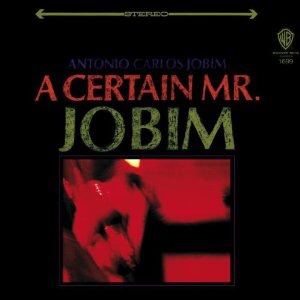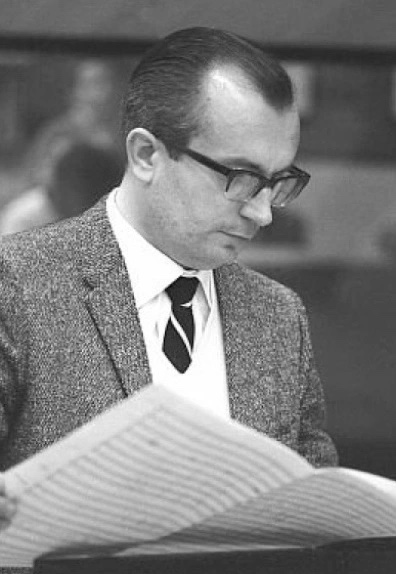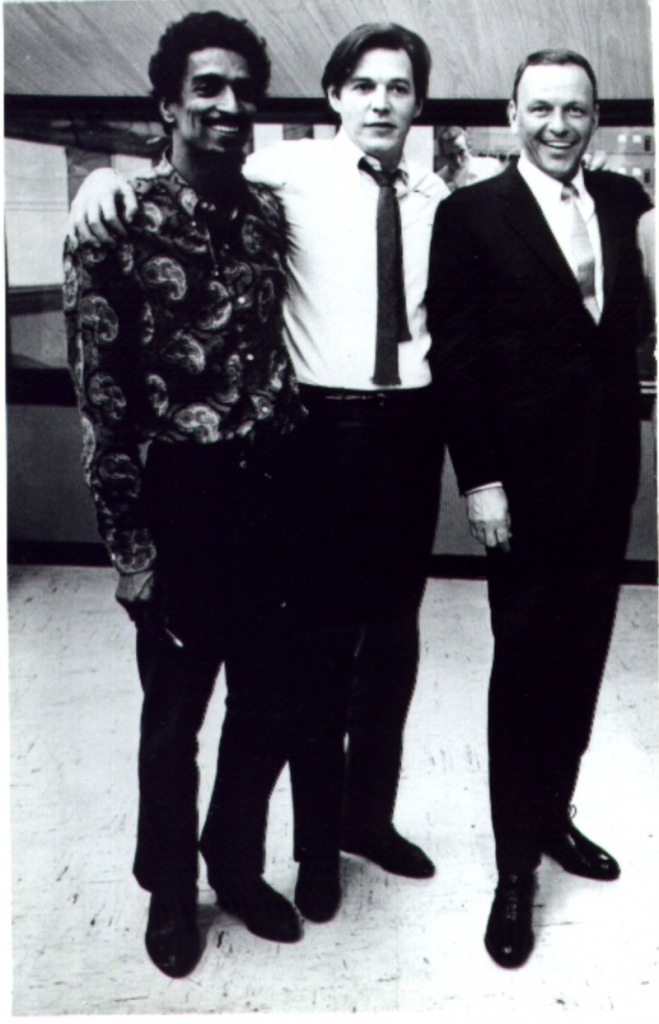

Until I got The Wonderful World Of, I thought this was the first of Jobim’s albums to put his vocals front and centre. I’ve subsequently realised it’s actually the second. It gets off to a bit of a wobbly start, pitch-wise, with Bonita.
This recording comes just after Jobim’s collaboration with Ol’ Blue Eyes, Francis Albert Sinatra & Antônio Carlos Jobim, also released in 1967. So Jobim had just had a major boost to his profile. Ironically, the earlier version of Bonita, on his second album, is better sung!
After this precarious start, we have Se Todos Fossem Iguais A Você (known as Someone to Light Up My Life, in English) which returns us to the instrumental format of Jobim’s debut solo album, before we are treated to another slightly wobbly vocal. This time, somewhat more aptly, an English language version of Desafinado, entitled Off-Key here.

Photograph, another vocal, belongs to a very particular part of the Jobim repertoire, in which he spends lots of time having the melody kind of oscillating between two closely pitched notes. Returning to the instrumentals, Surfboard goes a little bit bonkers/off piste, with a very ‘Blackpool organ’ sounding percussively syncopated melodic figure. Claus Ogerman’s arranging gets a tad more baroque on this little oddity.
Once Again (Outra Vez) is less gonzo, but the combo’ of flute and whistling that forms much of the melody, before a bit of Brazilian style scattin’ at the end, is a sonic combination that has become allied in people’s mind with a subsequent musical tsunami of molten gruyere!
And then we’re back to the vocals for Esperanza Perdido (literally ‘lost hope’, but rendered in English as I was Just One More For You). Estrada do Sol returns us to the kind of lush string-soused instrumental bossa vibe of The Composer of Desafinado Plays.

Finding complete musician credits for these sessions is proving difficult. At present I only know that Jobim sings and plays guitar and keys (he also plays flute, but does he do so here?). Claus Ogerman arranged the strings. Other than that the only credit I’ve found is Dom Um Romão, as drummer. This lack of info’ is annoying!
It must be admitted that Jobim’s early forays into singing as a solo artist aren’t always, strictly in terms of his vocals, the most accomplished or assured. And it would perhaps be a bit churlish to deny that not everyone will warm to his meandering around the melody. As he sings Por Causa Do Voce (Don’t Ever Go Away), you feel his sincerity, which is touching, but boy is his pitch rather approximate!
The album ends on Zingaro, a piece I have a real soft spot for, having first encountered it via the dreamily tragic Bruce Weber Chet Baker doc’, Let’ Get Lost. Not the strongest entry in Jobim’s solo catalogue. I wouldn’t recommend this one as a starting point either. But essential for the fan or devotee of the man and his music.
